Different types of Irish whiskey: what makes them so special?
Irish whiskeys are categorised depending on their ingredient composition and the whiskey-making process used. There are four main types, as detailed below:
Malt Whiskey
This whiskey is produced purely from 100% malted barley, yeast and water, and no other ingredients can be added to the spirit. The whiskey may or may not be flavoured with peat smoke during the malting process.
Irish single malt whiskeys are characterized by their advanced maturity, with many bottles labelled as decades-old. They are also very rich in flavour and character.
The entire process, from fermentation to distillation, takes place in a single distillery. The whiskey is then stored in wooden barrels for maturation.
If malt whiskey is labelled ‘single malt whiskey’ then, in addition to the above, it will only include whiskey from a single distillery (i.e. it will not be a blend of different whiskies from different distilleries). This variant will typically carry unique flavour profiles developed from the environment in which it has been produced and matured. It is therefore usually the most premium of whiskey varieties reflecting the craft and quality of the ingredients involved. A great example of this variety is the Athrú Trilogies from the Lough Gill Distillery, namely the Annacoona, Knocknarea and Keshcorran single malt whiskies.
Grain Whiskey
This whiskey is similar, in part, to malt whiskey. The difference between the two is that a grain whiskey may be produced using any grain, including corn and wheat, and is not confined to barley. This variety is, however, inferior in flavour and character.
Grain whiskey can include either malted or unmalted barley, whereas only malted barley is used to prepare Malt whiskey. A number of Irish distilleries have started to market ‘single grain whiskies’ which simply means the whiskey used has been produced in a single distillery, rather than being blended.
Pot Still Whiskey
Pot Still Whiskey, previously known as a pure pot still, is original to Ireland and dates back centuries. It originated as a lower cost method of production as malted barley was bulked out with lower taxed unmalted grains. However, in recent years it has enjoyed a resurgence as whiskey connoisseurs again appreciate the more complex flavours added by other cereals.
The mash must consist of 30% malted barley and 30% unmalted barley (green malt), at minimum. If other grains are used in the mash, they cannot exceed 5% of the mash composition. Traditionally, pot still whiskeys are triple-distilled. Again, if the word ‘single’ is added to the title then this means the spirit is from a single distillery.
Blended Whiskey
This whiskey is, by far, the most popular variant to be produced in Ireland. It is typically lower cost than the above varieties as different spirits with different age profiles can be blended to give a consistent flavour at high production levels.
The whiskey may comprise only pure malts, a mix of grains and barley, or a mixture of either of the two with a single pot still. The Jameson Whiskey Irish Blend is one popular example of this whiskey variety, produced from a mix of pot still and grains.
Poitin New Spirit
Although not whiskey due to its lack of age (see here for more details), the Poitin spirit is a classical Irish spirit whose production started centuries back and has contributed to modern whiskeys' evolution. The spirit drink was traditionally brewed in small pots. The Poitin name (or poteen) is a translation of the word ‘pota’, meaning small pot’, having been derived from the technique used to brew the spirit.
The poitin is a very controversial spirit, having multiple frictions with Irish alcohol regulations for a very long time. For example, it was illegal to brew the spirit drink in Ireland up until 1987. Still, the regulations provided for legal brewing of poitin for export purposes only.
Further revisions to the regulations were made a decade later, legalising the Republic of Ireland's spirit. It, however, remains illegal in Northern Ireland. In addition to cereals and grains used in other Irish Whiskeys, poitin was produced in the past using other local ingredients, such as molasses, sugar beet, and potatoes.
The brewing process can yield a spirit with an alcohol strength of 40% to as high as 90%. The latter is illegal under Irish law on an alcohol concentration of alcoholic beverages.



